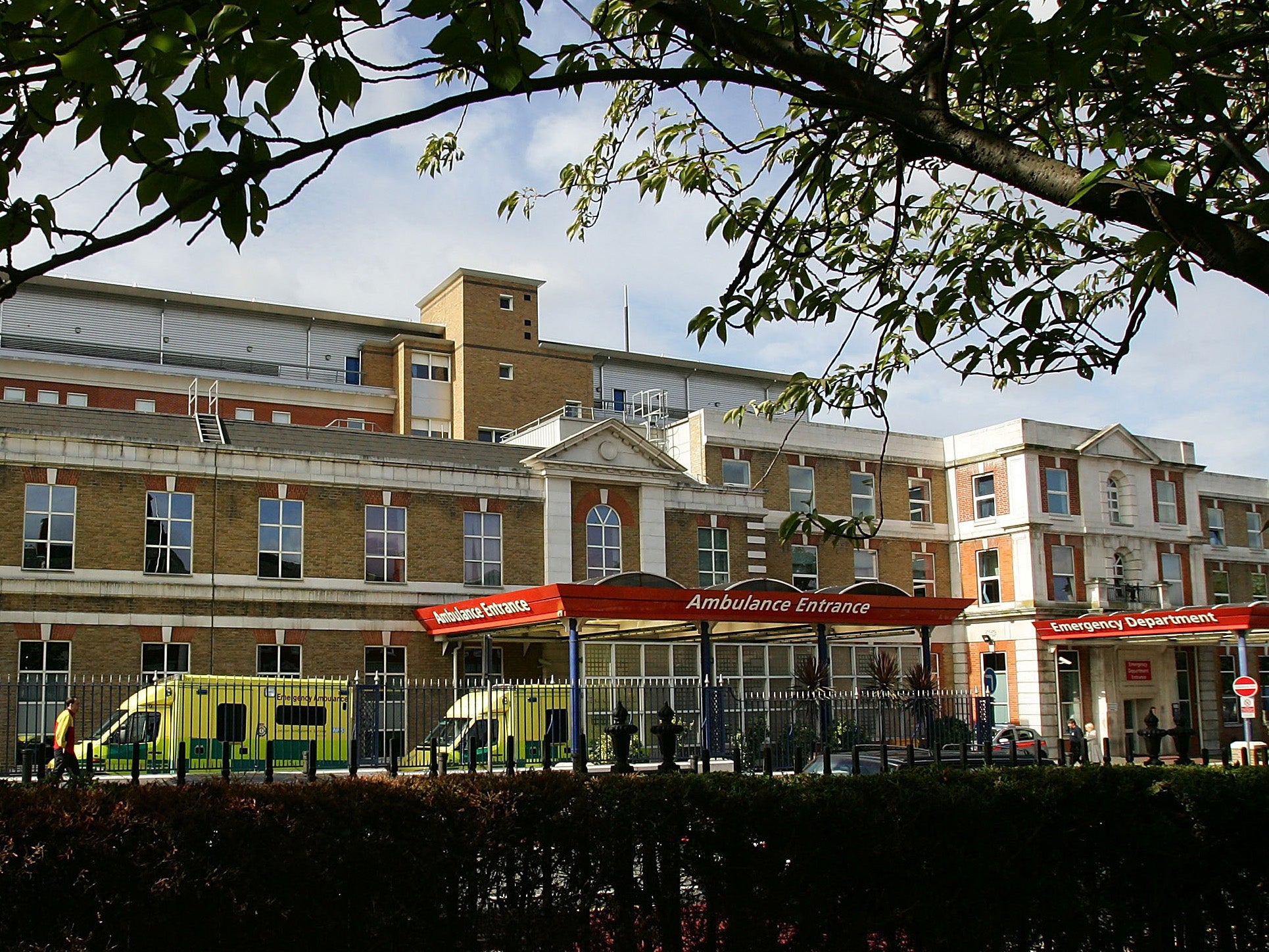Woman spends five days in hospital after mix-up over homemade herbal tea
The 63-year-old was treated at A&E after 10 hours of vomiting and heart palpitations

A woman hoping to ease her insomnia with a homemade herbal tea spent five days in hospital after she mistakenly brewed leaves from a highly toxic plant.
The 63-year-old purchased what she believed to be comfrey leaves – used as a traditional herbal remedy for centuries – from a local market because a friend suggested they might help her sleep.
But she didn’t realise the leaves she’d been sold were not comfrey, but taken from a type of digitalis plant, commonly known as foxglove or ‘dead man’s bells’.
The woman, who was otherwise healthy, spent the next 10 hours vomiting and suffering heart palpitations and dizziness, according to a British Medical Journal (BMJ) report.
When she arrived at A&E at King’s College Hospital in south London, she was found to have taken a life-threatening accidental overdose of extremely toxic compounds contained in foxglove.
These compounds, called cardiac glycosides, disrupt the function of the heart and as such are sometimes used to treat arrhythmia and heart failure. However, an overdose can cause nausea, seizures and death.
“Homemade herbal remedies may on the surface seem harmless. However, this case illustrates how limited knowledge of plants can be potentially fatal,” wrote Dr Mathew Vithayathil, who treated the patient, in the report.
“Unfortunately, during spring in particular, it is very difficult to distinguish between the thick leaves of comfrey and foxglove.”
Because there was only a limited availability of the particular antidote needed to treat the woman, an emergency delivery from another hospital took place.
Five days later, the woman had made a full recovery and was discharged from hospital.
“The patient was unable to find the original leaves she had purchased in the market, but was advised to contact the seller to inform them of the mistake,” wrote Dr Vithayathil.
The 10 best herbal teas
Show all 10Two similar cases in which an irregular heartbeat was caused by drinking the wrong herbal tea have been recorded in the UK – one in 2008 and one in 1985, according to the report.
And in China in 2010, neighbours sharing what they thought was comfrey tea but was actually foxglove led to nine patients being hospitalised, with three requiring heart pacing with an electric current.
Subscribe to Independent Premium to bookmark this article
Want to bookmark your favourite articles and stories to read or reference later? Start your Independent Premium subscription today.

Join our commenting forum
Join thought-provoking conversations, follow other Independent readers and see their replies